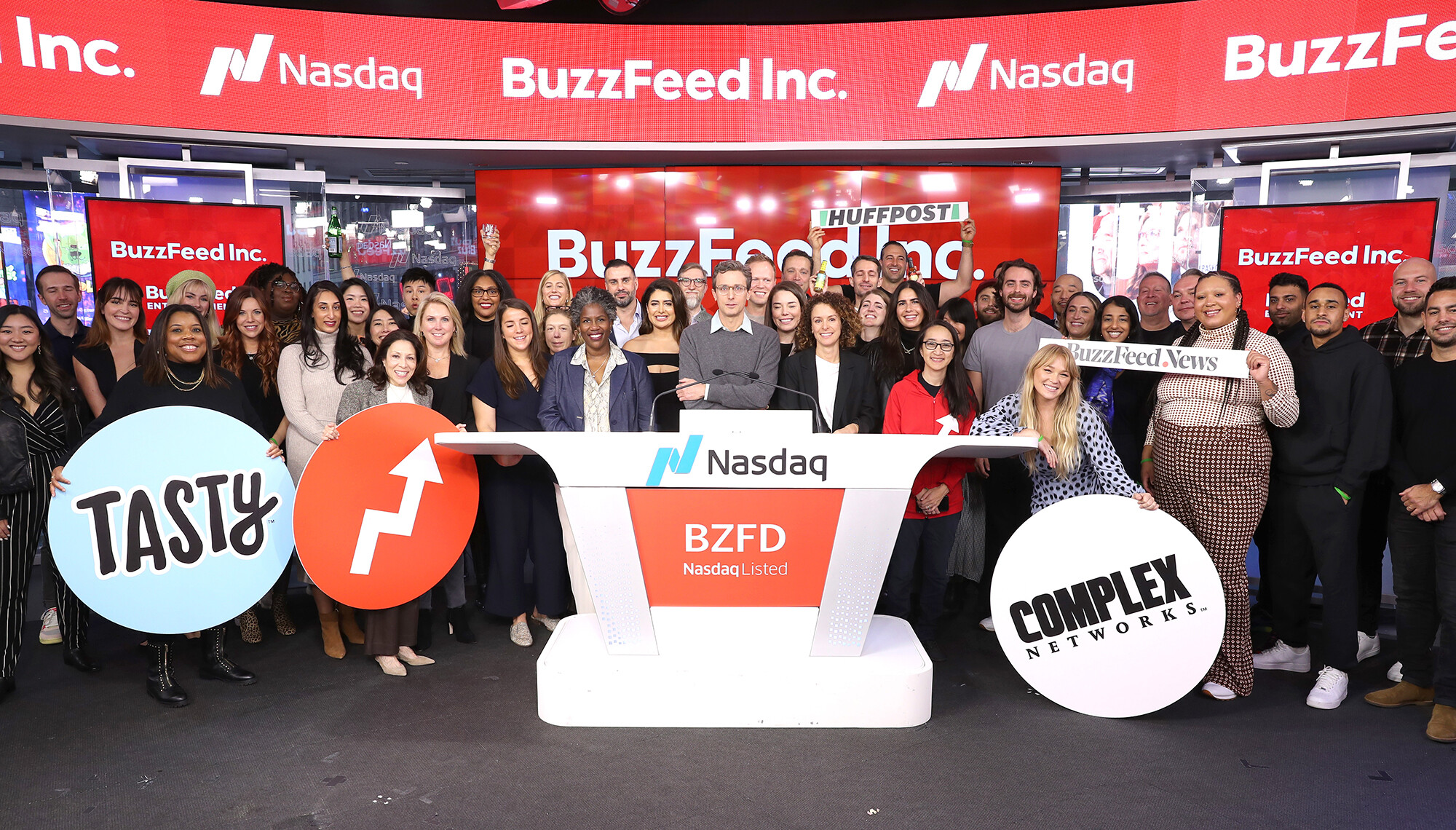
The stock market has been cratering so far this year — leaving special purpose acquisition companies, which buy private firms in order to make them public without the need for a traditional initial public offering, with difficulty finding targets.SPACs, also known as blank check companies, are facing the same concerns about inflation and a looming recession on the horizon that are plaguing the rest of Wall Street. So with stocks tumbling, the IPO market drying up, and increased regulation around the corner, several high-profile SPACs have recently pulled the plug on their merger plans. Activist-investing king Bill Ackman’s Pershing Square Tontine Holdings SPAC still hasn’t found a company to buy after a deal to acquire a 10% stake in Universal Music Group fell apart shortly following its announcement last year.RedBall Acquisition Corp., the SPAC run by Billy Beane — the baseball executive played by Brad Pitt in “Moneyball” — said this month it’s terminating its agreement to buy ticketing app SeatGeek, citing “current unfavorable market conditions.” In media, Forbes is also no longer planning to go public via a SPAC, ending its merger talks with Magnum Opus Acquisition Limited.
Expect more firms that hoped to go public through this once-trendy fad to put the kibosh on those plans. Several other startups have already scrapped their SPAC plans for this year, including homebuying service Knock, corporate ridesharing firm Gett and investing app Acorns.
Tougher rules and rising rates are hurting SPACs
Beyond the stock tumble, the news just keeps getting worse for SPACs. Proposed regulations from the Securities and Exchange Commission to increase disclosure requirements for SPACs may lead to a further chill in the market.” Many SPACs are not worth it anymore for investors. There are better places to put money,” said Jared Kelly, partner for the capital markets and securities group with law firm Lowenstein Sandler. “There are not enough quality SPAC sponsors or merger targets.”It doesn’t help that some of the companies that have defied the odds and actually gone public via the SPAC route in recent months have also flopped. According to data from PitchBook, shares of companies that went public through SPACs in the past two years are down 45% so far in 2022. Some high-profile deals have fared much worse. Digital media company BuzzFeed has plunged more than 55% so far this year after going public via a SPAC merger in December. Southeast Asian super-app Grab has plummeted nearly 65% while fintech Dave has nosedived more than 85%.”Demand for growth and venture-backed businesses is non-existent,” said Cameron Stanfill, senior venture capital analyst at PitchBook. He noted that valuations which SPACs and merger targets had agreed to five or six months ago may no longer make sense since “the climate now is much different.”Everything got reset with interest rates rising,” Stanfill said, referring to the end of super-loose monetary policy now that the Federal Reserve is in inflation-fighting mode.
SPACs were all the rage in late 2019 and early 2020 after Richard Branson’s Virgin Galactic (SPCE) and sports betting site DraftKings successfully went public through SPAC deals instead of selling new stock through a more traditional IPO. But shares of many other high profile companies that merged with SPACs, such as electric vehicle makers Nikola and Lordstown Motors and office rental company WeWork, have flopped fantastically since their debuts. WeWork went public through a SPAC in October 2021 after famously abandoning its IPO.
Time is running out to get deals done
It’s a worrying trend. Blank-check companies that haven’t yet acquired anything may struggle to find an attractive target in this environment. And for many of these SPACs, the clock is ticking. Because of the way the firms are structured legally, once a SPAC goes public, it typically has about 18 to 24 months to purchase a company before it is forced to dissolve and return cash to investors. That means several blank-check firms are now going to be scrambling to find merger targets to take public. Many won’t succeed.” SPACs are under immense pressure to close the deals,” said Santosh Rao, partner with Manhattan Venture Research, in a recent report. “The oversupply of active SPACs means that competition for high-quality startups is going to be intense, even more so with economic uncertainty holding companies back from tapping the public market.”A “fair number” of SPACs will probably not be able to find a merger target and will wind up giving capital back to shareholders, Stanfill said, adding there simply is a “crowding in the market,”, especially for certain speculative industries like electric vehicles.


